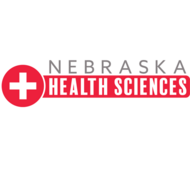Measuring Weight with a Physical Beam Scale
(View Complete Item Description)This lesson explains how to accurately read a physical beam scale that are used in healthcare settings. This presentation introduces some beginning concepts on considerations when completing this skill on a resident. Then the lesson continues into explaining how to accurately read the scale to the nearest 1/10 of a pound. Then provides three example problems, followed by eight practice problems for students to complete or as a class activity.
Material Type: Activity/Lab, Homework/Assignment









